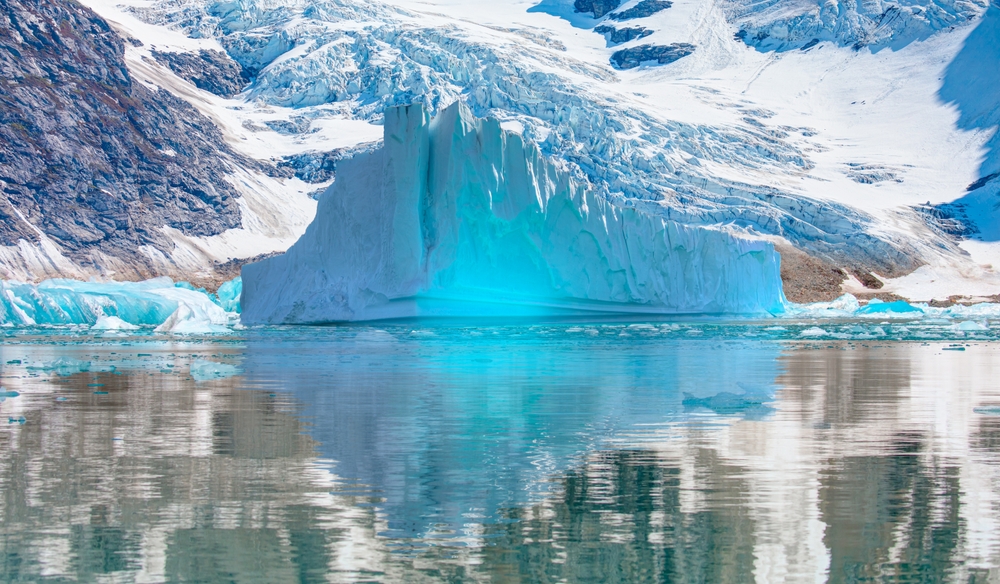United Political Front in the Arctic
Denmark has made it clear that it will not relinquish control over Greenland, reaffirming its commitment to the territory amid growing external pressure from the United States. In a recent visit to Greenland, Denmark’s Prime Minister stood alongside both the newly elected and outgoing Greenlandic Prime Ministers, emphasizing unity in the face of foreign interest in the Arctic island.
This joint appearance was seen as a significant political statement, especially following a controversial visit by a U.S. delegation. The American team, led by the current vice president, restated Washington’s ambitions to bring Greenland under its influence, citing security concerns. The U.S. delegation also criticized Denmark for its perceived lack of investment in regional security and accused the country of not adequately representing the interests of Greenlanders.
Greenland, located between the Arctic and Atlantic Oceans, has been under Danish control for about three centuries. Although it governs its domestic affairs, foreign and defense policy decisions remain in the hands of Copenhagen. As pressure increases from abroad, Denmark and Greenland’s leaders have responded with a clear message: sovereignty will not be compromised.
Military Response and Strategic Alliances
In response to the escalating rhetoric, Denmark has begun fortifying its military presence in the Arctic. While open to collaborating with the United States on regional defense strategies, Danish authorities have drawn a firm line at any suggestion of territorial acquisition. This approach underlines Denmark’s intention to protect its sovereignty while maintaining strong diplomatic ties with Washington.
The emphasis on unity between Denmark and Greenland is not new. Cooperation on security matters dates back nearly eight decades, including the establishment of a strategic space base in Greenland as part of a longstanding bilateral agreement. Danish officials highlighted this history of collaboration as proof of a strong and balanced partnership—one that does not require changes in ownership or control.
Meanwhile, diplomatic conversations between Denmark and U.S. representatives have attempted to maintain mutual respect. During a recent meeting in Brussels, both sides reaffirmed their strong relationship. American officials acknowledged Greenland’s right to self-determination, but Denmark reiterated its objection to any form of claim or pressure regarding Greenland’s status.
Greenland’s Political Direction and Autonomy
Internally, Greenland continues to shape its political future. A new coalition government, led by the center-right Democrats party, now governs the island. This administration supports a gradual path toward independence, aligning with public opinion across the territory. Although there is strong support for eventual independence from Denmark, there is widespread rejection of any integration into the United States.
Greenland has had the legal authority to call an independence referendum since it obtained greater autonomy. However, while the majority of the population favors sovereignty, there are differing views among political parties about how quickly to pursue this goal. The new government’s moderate stance reflects a broader consensus that independence should come through careful planning and internal consensus—not external pressure.
The people of Greenland have shown appreciation for Denmark’s visible and active support during these politically sensitive times. Public appearances by the Danish Prime Minister in Greenland’s capital, including alongside Greenlandic leadership, have received strong public approval. This popular sentiment reinforces the shared commitment between Denmark and Greenland as they navigate complex geopolitical developments.
Long-Term Vision in the Arctic
The increasing global attention on Greenland stems from its strategic location and natural resources. As Arctic security becomes a more prominent issue on the international stage, Greenland’s political and economic future continues to draw interest. Nevertheless, both Danish and Greenlandic leaders are taking steps to ensure that decisions about the territory’s future remain firmly in local hands.
Greenland’s former prime minister also addressed the situation, affirming that while the island is not for sale, it remains open to economic partnerships, particularly with the United States. Trade relations and cooperative ventures are seen as positive steps, as long as they respect the sovereignty and self-governing status of the island.
As geopolitical tensions grow and global powers compete for influence in the Arctic, Denmark and Greenland have taken a united stand—defending sovereignty, supporting autonomy, and resisting any external attempts at annexation. Their message is clear: Greenland’s future will be determined not by foreign interests, but by the will of its people and their democratic institutions.


